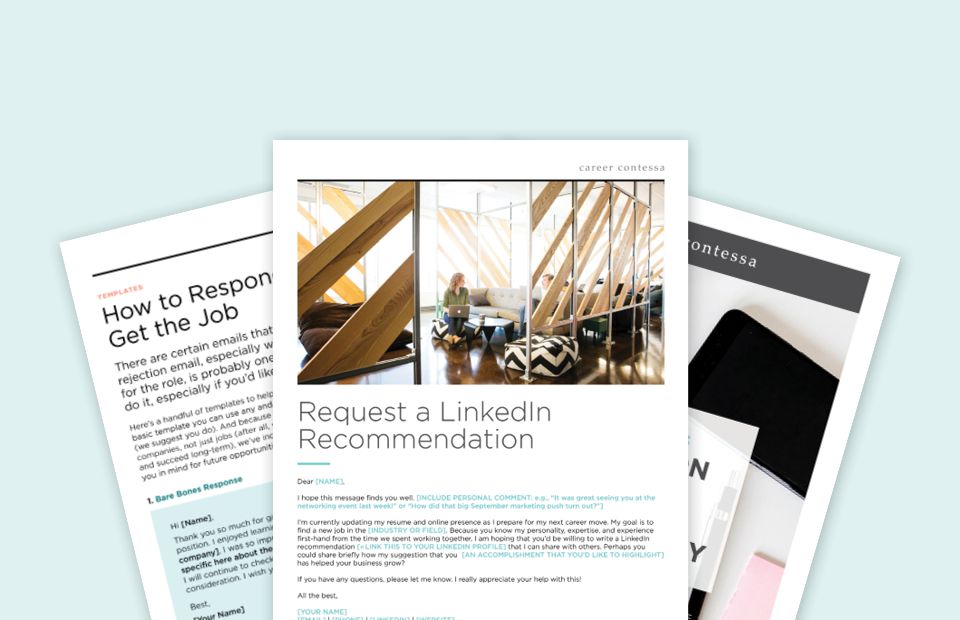4 Signs That You May Not Need to Quit Your Job
We're all pretty familiar with the warning signs of when to quit your job. But when should you stick it out and improve your working environment?
You May Also Like

Job Search
How to Write a Must-Open Cold Email
As a driven career woman, sometimes you've got to go beyond your network to find what you want professionally. Cue cold emailing.

Job Search
What to Take Off Your Resume: 6 Things to Cut
What should be included on your resume and what can be left out? We're answering your questions to help you create the perfect resume—in form and content.

Job Search
How to Describe a Challenge at Work and How You Overcame It
The next time an interviewer asks you to describe a challenge or conflict you overcame, be prepared with a stellar answer.

Job Search
Why I Left: Good Reasons for Leaving Your Last Job
Why did you leave your last job? Here's how to politely explain why you quit your last job in an interview setting.

Job Search
How Do You Define Success? Interview Question, Answered
How you define success can show the interviewers what you value. Follow these steps to prepare your answer + review these example answers.

Job Search
Copy + Paste—All of Our Favorite Templates
Here are all of our templates for your job search, your career advancement, and your professional networking. All in one place. Bookmark this page and get ready to copy + paste.

Job Search
How to Add Skills to Your Resume
Do you know what skills you want to add to your resume? Here's how to showcase your very best skills.

Job Search
Arial Versus Helvetica: What's the Best Font for Resumes?
Ever wondered what sort of impact your resume might have if it were in Comic Sans? We are profiling the best font for a resume and some of the worst resume fonts.

Job Search
The 5 Emails You Need to Send Right Now to Boost Your Career
There’s no better time than right now to refresh your roster of professional contacts.

